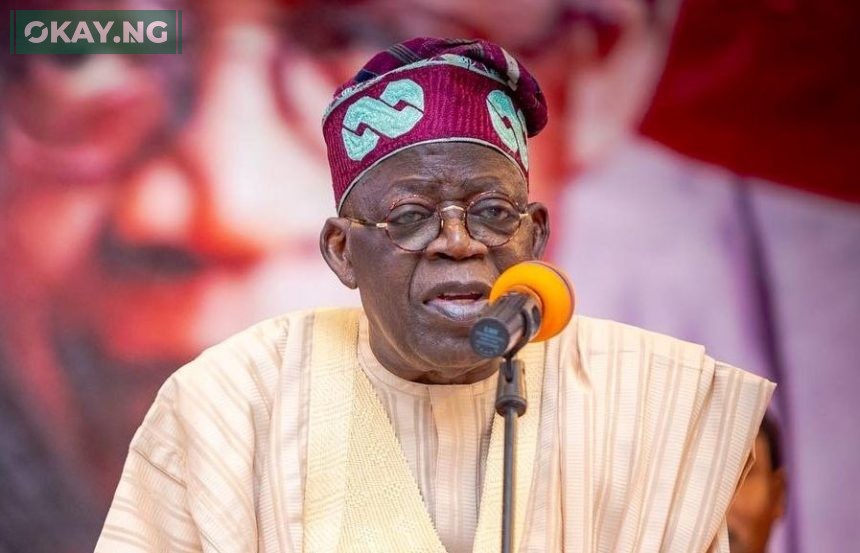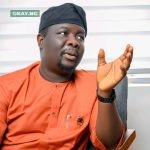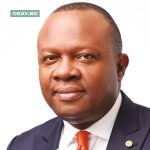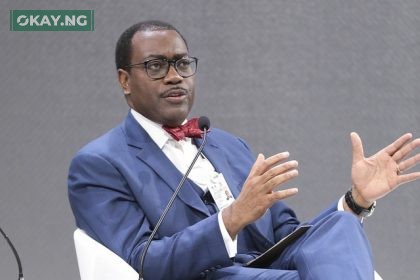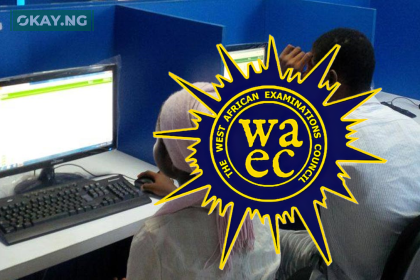In a decisive move to advance Nigeria’s fiscal landscape, President Bola Tinubu has called upon the Senate to deliver effective legislation from the tax reform bills he submitted four months prior.
This appeal was highlighted during a public hearing organized by the Senate Committee on Finance in Abuja on Monday, where various stakeholders expressed their positions on the proposed reforms.
The tax reform package comprises four key bills: the Nigeria Tax Bill 2024, the Nigerian Tax Administration Bill 2024, the Nigeria Revenue Service Establishment Bill 2024, and the Joint Revenue Board Bill 2024.
Senator Sani Musa, Chairman of the Senate Committee on Finance, conveyed President Tinubu’s directive during his opening remarks at the hearing.
“I met President Bola Ahmed Tinubu two days ago regarding the tax reform bills, and he told me, ‘Mr. Chairman, Senate Committee on Finance, go and do the needful. Give me a law that is workable from the tax reform bills I forwarded to the Senate and House of Representatives in October last year,'” Senator Musa recounted.
The public hearing marked a significant shift in the discourse surrounding the bills. Initially met with resistance, particularly in the House of Representatives, the session saw a convergence of support from various quarters.
Senate President Godswill Akpabio, who inaugurated the hearing, underscored the necessity of a unified approach to revenue generation.
“The challenge before us transcends merely passing new laws; it is about constructing a tax system that inspires confidence, promotes development, and fuels national growth,” Akpabio stated.
Finance Minister and Coordinating Minister of the Economy, Wale Edun, addressed concerns about the potential impact of the reforms.
He emphasized that the proposed laws aim to modernize outdated tax statutes to enhance efficiency, equity, and economic growth, rather than imposing additional burdens on the populace.
“The tax reform bills, as repeatedly explained since their introduction last year, aim to modernize our archaic tax laws to enhance efficiency, equity, and economic growth,” Edun explained.
Mele Kyari, Group Chief Executive Officer of the Nigerian National Petroleum Company Limited (NNPCL), lent his voice in favor of the reforms.
He articulated that the oil and gas sector perceives the proposed changes as essential for fostering economic advancement through a more streamlined and effective tax collection system.
“The proposed tax reform bills are a crucial enhancement for economic growth through a more efficient and effective tax collection mechanism,” Kyari noted.
In a notable development, Mohammed Shehu, Chairman of the Revenue Mobilization Allocation and Fiscal Commission (RMAFC), who had previously expressed reservations, announced his endorsement of the bills.
He suggested modifications concerning the distribution of Value Added Tax (VAT) to sub-national entities to ensure a more equitable allocation.
“RMAFC supports the proposed tax reforms but recommends adjustments in the area of Value Added Tax (VAT) distribution to sub-nationals,” Shehu proposed.
Addressing allegations of regional opposition, Muhammad Alhaji Yakubu, convener of the Arewa Think Tank, refuted claims that the northern region was against the reforms.
He clarified that, upon thorough evaluation, the northern stakeholders recognize the benefits of the proposed laws and have been actively informing their communities.
“It is untrue that the North opposes the tax reform bills. We have assessed their benefits and have sensitized our people accordingly,” Yakubu affirmed.


